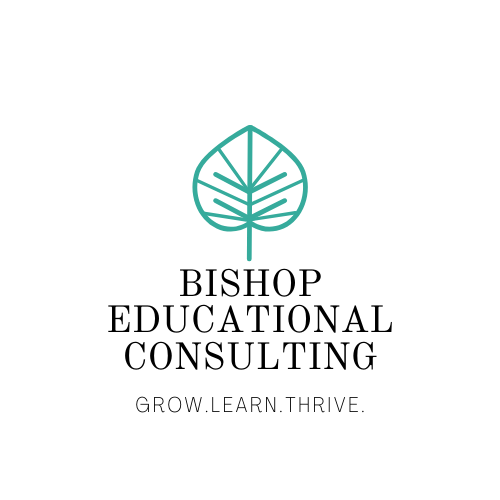December Educational Tips Newsletter
WELCOME TO THE DECEMBER EDUCATIONAL TIPS NEWSLETTER! HAPPY DECEMBER!
December is often a time for transition as any natural break in the school year is often a better time to change schools.
When we think about transition, we are planning for the larger picture especially when stepping down out of a facility back into the home. We are planning for every aspect of home life, therapy, meetings with agencies, compliance, free time, etc. Essentially, keeping the youth on a successful track in every way we can and utilizing every resource we have.
With so much going on, it is hard to catch the little things. We know that every time youth move they lose 4-6 months of school. Unfortunately, school curriculums are not uniform from one school to another. What a youth has yet to learn in one school, the new school might have already covered within their unique curriculum. The potential for this to happen applies to all subjects. In the end, they miss out on specific learning that puts them at a deficit. This is often very true in math when each learned math skill builds from the last skill mastered. In other circumstances perhaps a youth has an above average reading ability in one school only to go to a new school where her reading skill is suddenly below average. Essentially, schools develop their own rigorous academic guidelines and expectations for academic achievement. I was a youth who moved frequently, it may sound trivial but I never learned how to count money nor read a clock, among other deficits. Lucky for me, my parents brought in a tutor but not all youth with whom we work have this opportunity.
As professionals, everyone does their best and we all want to help youth as much as we can. Some things are just unavoidable. Without even realizing it, youth often find themselves compensating for their academics - trying to figure out how the new school works, where they are at in the curriculum and not really knowing if they missed anything with the move. Only to realize when they are taught a new math skill in class, they did not yet learn the foundational skill needed to master the new one.
Fortunately, there are ways to remedy this! One simple way to assist in this transition of academics is by encouraging youth maintain, what I like to call, a School Achievement Binder that holds all of their important graded assignments. Moreover, when they are preparing to move schools, encourage them to keep all the last assignments done in that last month. This provides an opportunity for the youth to show their new teachers what they were working on at their last school. Hopefully in this way, teachers can help the youth feel prepared and on track academically by providing remedial work to address the gaps in education individually as necessary. This can also potentially avoid the common pitfall of a youth sitting through academics already learned.
Hope that was useful! Thanks for reading! Please be in touch with questions and comments! Trauma and Education Webinar coming up in January. Flyer is attached. Details below.
Register Here: https://www.eventbrite.com/e/trauma-education-registration-476873681017
